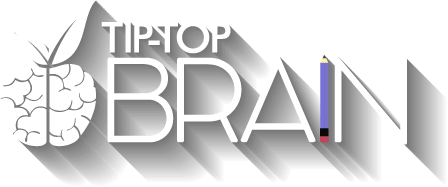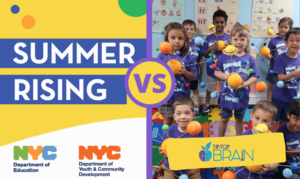Once your child has received an ADHD diagnosis, you may want to familiarize yourself with the role you’ll serve as their newly-hired-top-tier academic advocate. For many students, a diagnosis may take a while to receive, merely because parents may not recognize the signs of ADHD. There are a tremendous number of resources for students with ADHD, and millions of parents who are helping, or have helped, their child cope with ADHD at home and in school. Not only can you draw upon their experiences to better understand how to support your child, but your school should have some experienced mental health professionals waiting in the wings to help. While this person may not be able to help your student much directly, they can likely point you in the direction of resources that can, as well as describe the routes other students with ADHD have taken at your school.
Here are 5 things you should do in your newfound role:
1. Play Librarian
Devote a folder or drawer to your student’s academic profile and reports, including any relevant information about their ADHD diagnosis. It’s worthwhile putting away report cards, progress reports, teacher notes, disciplinary notes, as well as any notes you may have from meetings with their teachers or school administrators. For additional thoroughness, include documents regarding their prior treatments, or the contact information of medical professionals who are familiar with your child. You may not necessarily need any of this documentation, but when you do, you’ll have a treasure trove of well-organized notes on your student’s academic history dealing with ADHD.
2. Assemble a network
When meeting with your child’s teacher, be sure to have an expert with knowledge of managing ADHD in school, whether they be a school psychologist or special education teacher. Should you so choose, you can seek out the support of your child’s physician, who may be able to do anything from advise to advocate. You may also want to confer with a tutor or teacher that your child works well with. This person may be able to provide insights into what learning models and strategies best serve your child. In meetings like these, your well-documented history of your child’s needs and experiences with regard to ADHD can come in handy.
3. Know what resources are available to you
The Individuals with Disabilities Education Act (IDEA) and Section 504 of the Rehabilitation Act, ensure resources for students with learning disabilities like ADHD. You can reach out to your child’s school and ask for literature or information on what these tools may look like in practice. Perhaps an IEP, or individualized learning plan, could be of tremendous use to your child.
4. Talk early and often
It’s long been said that “no news is good news,” and while this may be true, it doesn’t mean we should stop doing the very work that keeps our news good. Your network can provide you with insights into what is working for your student, or how their behavior is changing. Maintaining a sense of teamwork and familiarity with those working directly with your child serves everyone in the long run. No different then you may learn from them, they’ll be sure to learn from you. By better understanding, you, and life at home, educators and administrators can better anticipate and understand your child’s challenges and motivators.
Once your child has been diagnosed with ADHD, you’re already winning. With a diagnosis, you can accurately treat and support your child, and access resources that otherwise wouldn’t be available. Although some of these steps and strategies to helping your child in school may require some time to invest, the benefits far outweigh the inconvenience of sometimes slow-moving and bureaucratic school resources. Moreover, many of these strategies are in fact habits, and with conviction and consistency, can make managing your child’s ADHD feel straightforward and comfortable.







